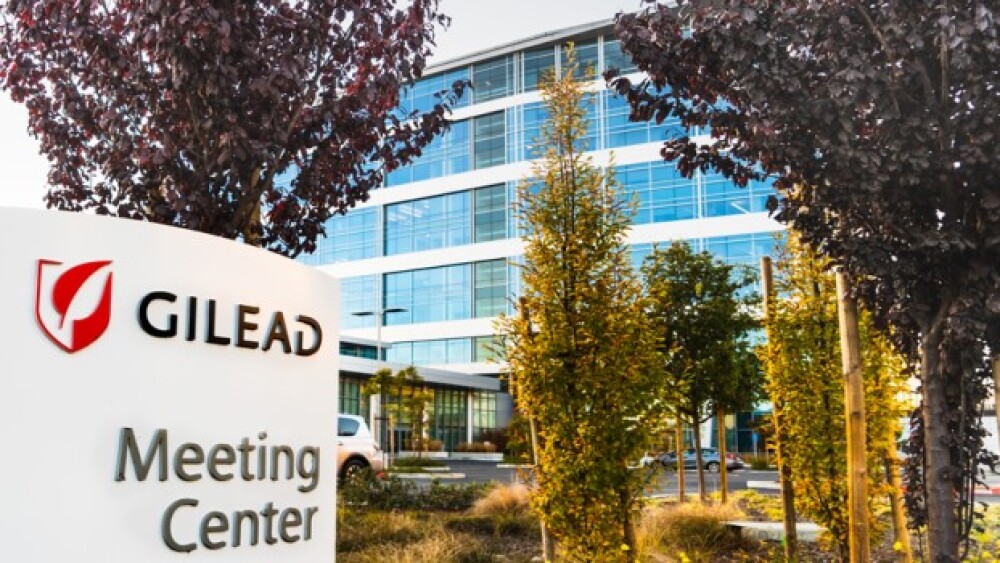Gilead Sciences’ Vemlidy on Thursday secured a label expansion from the FDA, allowing the antiviral drug’s use to treat chronic hepatitis B in pediatric patients aged six years and older.
Pictured: Gilead’s headquarters in Silicon Valley/iStock, Sundry Photography
The FDA on Thursday expanded the label of Gilead Sciences’ antiviral drug Vemlidy (tenofovir alafenamide), opening up its use for the treatment of chronic hepatitis B virus infection in children aged six years and older.
Its latest approval only covers pediatric patients with compensated liver disease and who weigh at least 25 kg. Vemlidy has previously been approved for chronic hepatitis B virus (HBV) in patients aged 12 years and older with compensated disease. It comes with a boxed warning for the severe acute exacerbation of hepatitis B after treatment.
Frank Duff, senior vice president of virology at Gilead, in a statement called Vemlidy’s label expansion a “testament to the safety, tolerability and efficacy profile of this therapy,” particularly in young children, who “require our best science and dedicated focus.”
According to Gilead’s announcement, Vemlidy is a targeted prodrug of tenofovir that works by inhibiting the nucleoside analog reverse transcriptase enzyme, which RNA viruses use to convert their genetic material into DNA.
Vemlidy was first approved in 2015 and has since become the recommended first-line treatment of chronic HBV in adult patients with compensated disease according to the American Association for the Study of Liver Diseases (AASLD) and European Association for the Study of the Liver (EASL) guidelines.
Thursday’s label expansion was based on a 96-week Phase II trial, which compared Vemlidy with placebo in 18 patients and found that it could elicit “progressive increases in virological suppression,” according to Gilead.
Vemlidy’s approval should help Gilead recover from its 4% revenue slip, as reported in its year-end 2023 financial report. The pharma suffered declining sales from its COVID-19 business, with its intravenous antiviral therapy Veklury (remdesivir) dropping 28% in the fourth quarter of last year. Gilead’s HIV franchise also took a 2% hit in the most recent quarter.
Gilead’s potential recovery could be aided by a trio of deals that the pharma has struck in recent weeks.
In February 2023, Gilead made a $4.3 billion investment in CymaBay Therapeutics and its lead asset seladelpar, which is being developed for primary biliary cholangitis. The companies announced the acquisition on the same day that seladelpar’s New Drug Application was accepted for FDA review, with a target action date of Aug. 14, 2024.
Last month, Gilead also revealed that it secured up to $210 million in funding from life sciences investment company Abingworth to advance its antibody-drug conjugate Trodelvy (sacituzumab govitecan-hziy) in non-small cell lung cancer. The pharma shortly after inked a $1.5 billion contract with Merus to discover trispecific T-cell engagers.
Tristan Manalac is an independent science writer based in Metro Manila, Philippines. Reach out to him on LinkedIn or email him at tristan@tristanmanalac.com or tristan.manalac@biospace.com.






